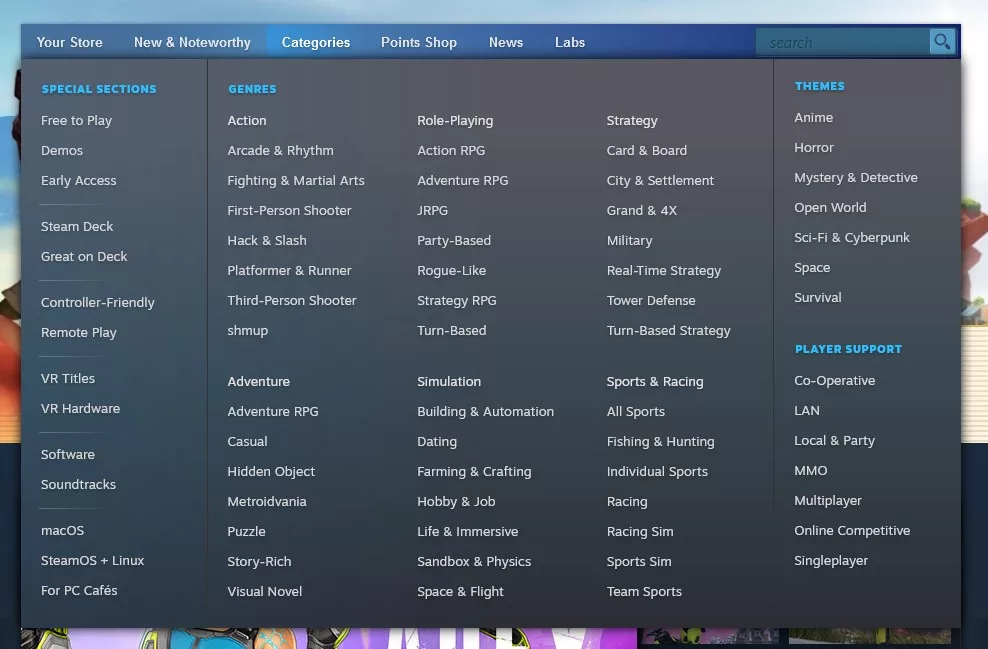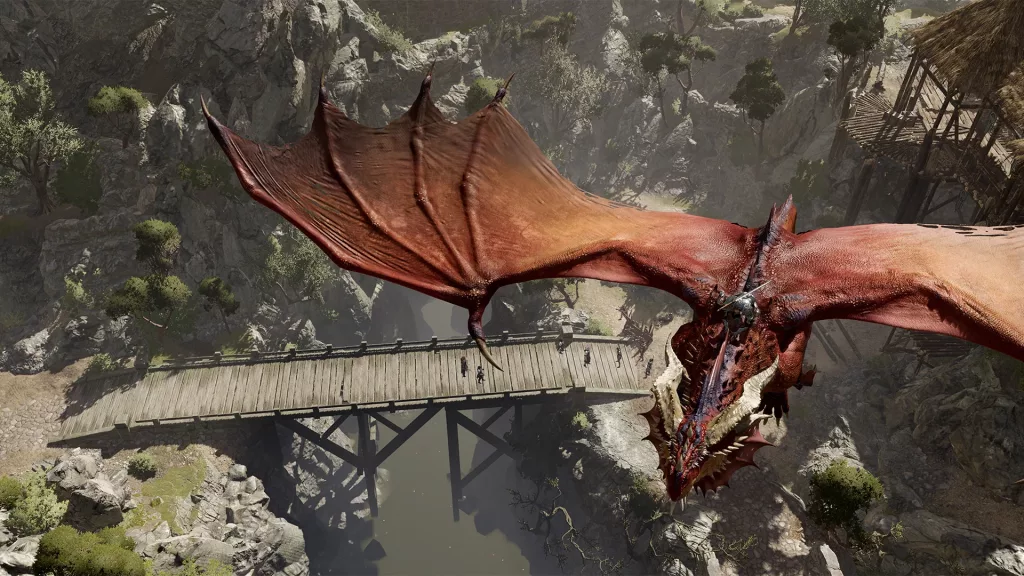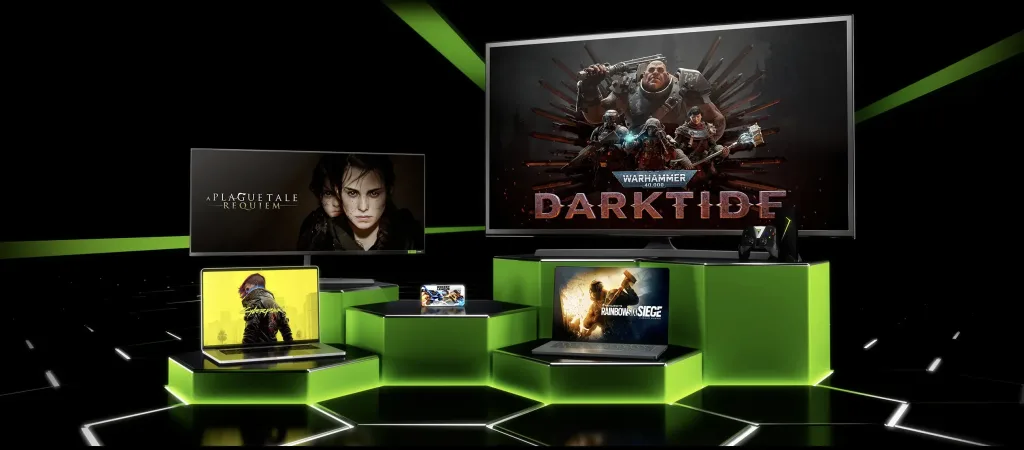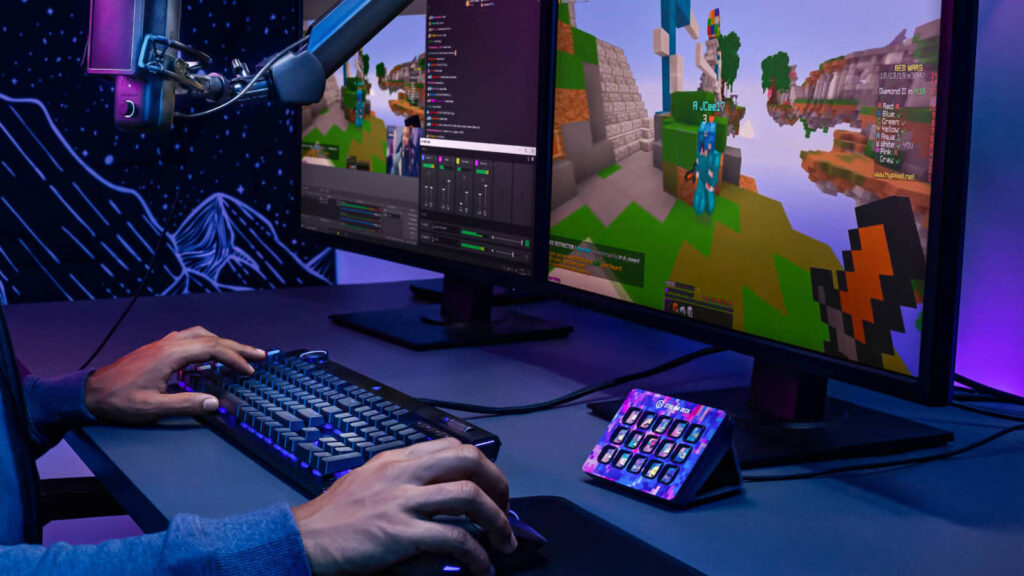There are many different types of games out there for you to play, but selecting the right ones can seem overwhelming when there’s such a wide selection available.
It’s important that you understand exactly what is best for you so that you don’t end up bored and wasting your money in the process of finding a game that will entertain you. More importantly, there’s also the consideration of your hardware. After all, not all types of PCs can run all types of games comfortably.
There are a few things that you can keep at the top of your mind when you are making your selection. We’re going to cover those considerations in detail throughout this guide.
Select the Genre
Hardware can often take a backseat when you have a favorite genre. If you do, it would be impossible for me to suggest to you, for example, play a game in a wholly different genre even if it will run at 50 more FPS (more optimized for your hardware).
It’s important that you select your genres extremely well and understand what’s out there. There is such a wide selection that it can make your head spin and you may not be no able to understand which ones are right for you.
Maybe you already have some favorites, or maybe you have a genre that’s made for you but you’re not fully sure of it yet.
Your Taste
As a rule, you have to turn to your personality and look at what you enjoy in order to select the right video game for you. If you prefer an active experience, you may enjoy games that involve role-playing, character creation, level progression, and so on.
If you like a lot of adventure and action, then you might want to take a shot at shooter games or try your hands at driving games that are out there. Within genres, further, you also have sub-genres. You might like the action-adventure gameplay with swords in Witcher 3, with generationally backward weapons like WWI or Western settings in Call of Duty and RDR, or the faster, modern action in Cyberpunk 2077.
As an example, as entertaining as the game Fruits Merge is, it will have a different audience than Fortnite.
Researching
So, how do you select a genre? Well, if you don’t already have a favorite game or genre, it’s time to take a quick dive into a game community. It could be the Steam store, a forum, or good old Reddit.

For example, the genres, themes, and player support classification in Steam is pretty handy. You can start exploring a plethora of games by limiting your search that way. If you already have a few favorite games, check them up on Steam (or another platform if they are not on Steam) to find the tags, genres, themes, or sub-genres associated with them. This will help you find other games within that category, making your discovery process so much easier.
Think of it more like discovering new music based on your current favorite artists and albums, you will be good to go.
Reviews & Ratings
The reviews and ratings a video game receives should always factor in when you are making your final decision. You don’t want to overlook this because when you read the reviews and ratings you will often find out things that you may not have even thought of.
Always read the reviews with an open mind though. Remember that people are always complaining about one thing or another, so the fact that you see negative reviews does not necessarily mean that the game is bad.
You should be looking for a balance of the reviews. You’re always going to find reviews from people who are ready to throw the book at the manufacturer of the game, or those who swear that they are ready to throw the video game in the nearest dumpster.
Note that games that are new and have a bad reputation could be a result of a lot of hype followed by a launch gone wrong (bugs and glitches). In this case, if the game feels like it might be the right fit for you, even though it has bad reviews, it might be worth following it (on Twitter or Discord, for example) and trying it after a few months or major patches.
What’s the Right Game for Your Hardware?

Assuming all major genres and sub-genres of PC games today have different types of games, ranging from small indie ones to AAA titles developed by big studios, we’re going to generalize that you’ve selected your genre and now are looking for the exact games to buy or try.
We’re going to ignore the pricing as that’s beyond the subject of this article. Budget considerations should be taken before hardware considerations.
Some genres are easier on the hardware. Nearly all games in these genres can be played even on low-end machines, including 10-year-old laptops, with at least 30 FPS. Even if you have a semi-decent entry-level gaming PC, you can comfortably get 60 FPS, which I consider to be the bare minimum on 1080p.
Generally, genres that have a very, very large player base tend to use textures, models, and effects in a much better way. They also optimize their games for low-end hardware pretty well. All of this leads to a better gaming experience.
Then there are arcade, fighting, platformer, casual, puzzle, story-based, turn-based, etc. genres. These are typically very good for low-end hardware. Also, most indie games developed by small studios are perfect for low- and mid-end PCs, while having a rich storyline (Undertale or Firewatch) or excellent mechanics and art style (Hades or Limbo).
Finally, on the higher end, you have all types of role-playing games based around a main protagonist, a storyline, and the best graphics in the realm.
Let’s have a look at the different genres and what can you expect, generally speaking, for the most part:
MOBA: Low- and Mid-End
MOBAs are generally free to play, so easy to test out. These include Dota 2, League of Legends, Valorant, Smite, Arena of Valor, Heroes of the Storm, Paladins, and on and on.
MMO: Low- and Mid-End

MMO games often have hundreds of players sharing space in the same settlement or a raid-like activity. These need to be super well-optimized to be able to do that, and therefore, often have simpler, less fancy graphics to compensate for the different skills and abilities, effects, mobs and bosses, and so on.
Games include Guild Wars 2, Black Desert Online, World of Warcraft, Final Fantasy XIV, etc. There are also games that require even fewer hardware resources, like RuneScape and Albion Online. On the other hand, you have Amazon’s new game New World which is more akin to an AAA RPG like Assassin’s Creed than to ESO, meaning you will need significantly better hardware for 1080p@60.
Shooters: Mid- and High-End

Shooter games like first-person shooters, tactical shooters, battle royales, etc. also tend to have either small maps or a large number of players, so are generally well-optimized.
They are also free for the most part, like CS2 and PUBG, or quite cheap to try out, like Call of Duty and Battlefield. Other games in these genres include Apex Legends, Destiny 2, Gears 5, Halo series, Doom series, Resident Evil series, Titanfall 2, and Overwatch 2.
Strategy: CPU-Heavy

Real-time strategy (Age of Empires), turn-based strategy (Civilization 6), city and farming (Sims), and similar games that often have a lot of small units or objects under the player’s control require more CPU than GPU. So, even if you have an old GPU but a recent CPU, you should be able to play these games without much difficulty.
RPG: High- and Ultra High-End

The action RPG and adventure RPG genres are probably the most taxing on PC hardware. All of the biggest AAA titles that give lower FPS, higher temps, or optimization issues are usually in these categories. There are dozens of new AAA titles in these genres every year, and they do become outdated after a point (think Witcher 3 and GTA V), becoming playable on mid-range hardware 3-5 years later.
But if you’re after the latest AAA games and the latest graphics technologies (hardware ray tracing, 4K display, or ultra-high settings for reflections, lighting, and shadows) then you need a high-end GPU to play these games.
Examples include Elden Ring, Starfield, Cyberpunk 2077, Hogwarts Legacy, Baldur’s Gate 3, Robocop: Rogue City, etc. Note that these genres are pretty broad and can include other games as well, which are not very “heavy,” so to speak, like Kenshi is also an adventure RPG and Warframe is also an action RPG.
You can check the approximate FPS you will get in a game using Can I Run It. Before buying a game that’s fairly new (~1-2 years old), make sure you read reviews, check forums for optimization issues, and watch gameplay videos or benchmarks.
Note: You still can’t run Crysis.





